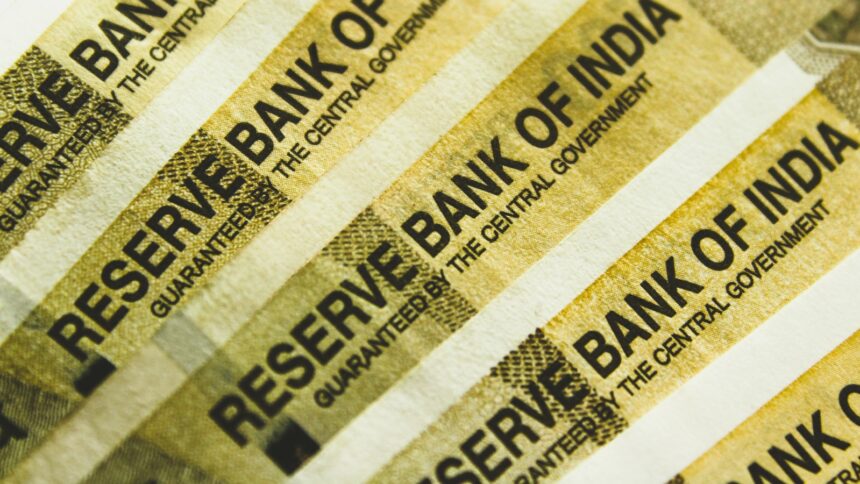Boosting Your Credit Score: Tips for Credit Repair
It’s no secret that a good credit score is essential for your financial health. A bad credit score can mean higher interest rates, more expensive loans, and difficulty getting approved for things like credit cards, mortgages, and even some jobs. So, if you’re looking to boost your credit score, here are some tips for credit repair you can use.
Understand Your Credit Report
The first step in improving your credit is understanding exactly what your credit report says. You’re entitled to one free credit report from each of the three major credit bureaus every year, so take a close look at your reports from Equifax, TransUnion, and Experian and look for errors, old debts, and other inaccurate or outdated information. If you see anything wrong, dispute it with the credit bureau and request that the mistake be corrected.
Pay Your Bills On Time
Your payment history is the most important factor in calculating your credit score, accounting for almost one-third of your overall credit score. It’s essential that you’re always paying your bills and credit card payments on time. Setting up auto-payments is a great way to ensure that you’re never late on a payment.
Keep Low Balances
Make sure that you’re not maxing out your credit cards — the less you owe on your cards, the better. Your utilization ratio, or the percentage of available credit you’re using, accounts for about 30% of your credit score, so try to keep your balances at 30% or less of your credit limits.
Get a Secured Card
If you’re having trouble building your credit, one option is to get a secured credit card. A secured card is one that requires a deposit — you give the issuer a certain amount of money, and they will give you a card with a credit limit equal to that amount. Every time you use the card, the issuer will report your payments to the three major credit bureaus, which can help you build a positive payment history.
Be Patient
Finally, remember that it takes time to repair your credit. Your credit score is calculated over years, not days or weeks. So, keep paying your bills on time and sticking to your budget and you should start to see an improvement in your score.
Takeaways
Improving your credit score takes time, but the hard work will be worth the payoff. Start by understanding your credit report and disputing any errors, and then make sure to pay your bills on time and keep your balances low. If you need some extra help in establishing a positive payment history, getting a secured credit card is an option. Follow these steps for credit repair, and you’ll soon be on your way to a better credit score.

